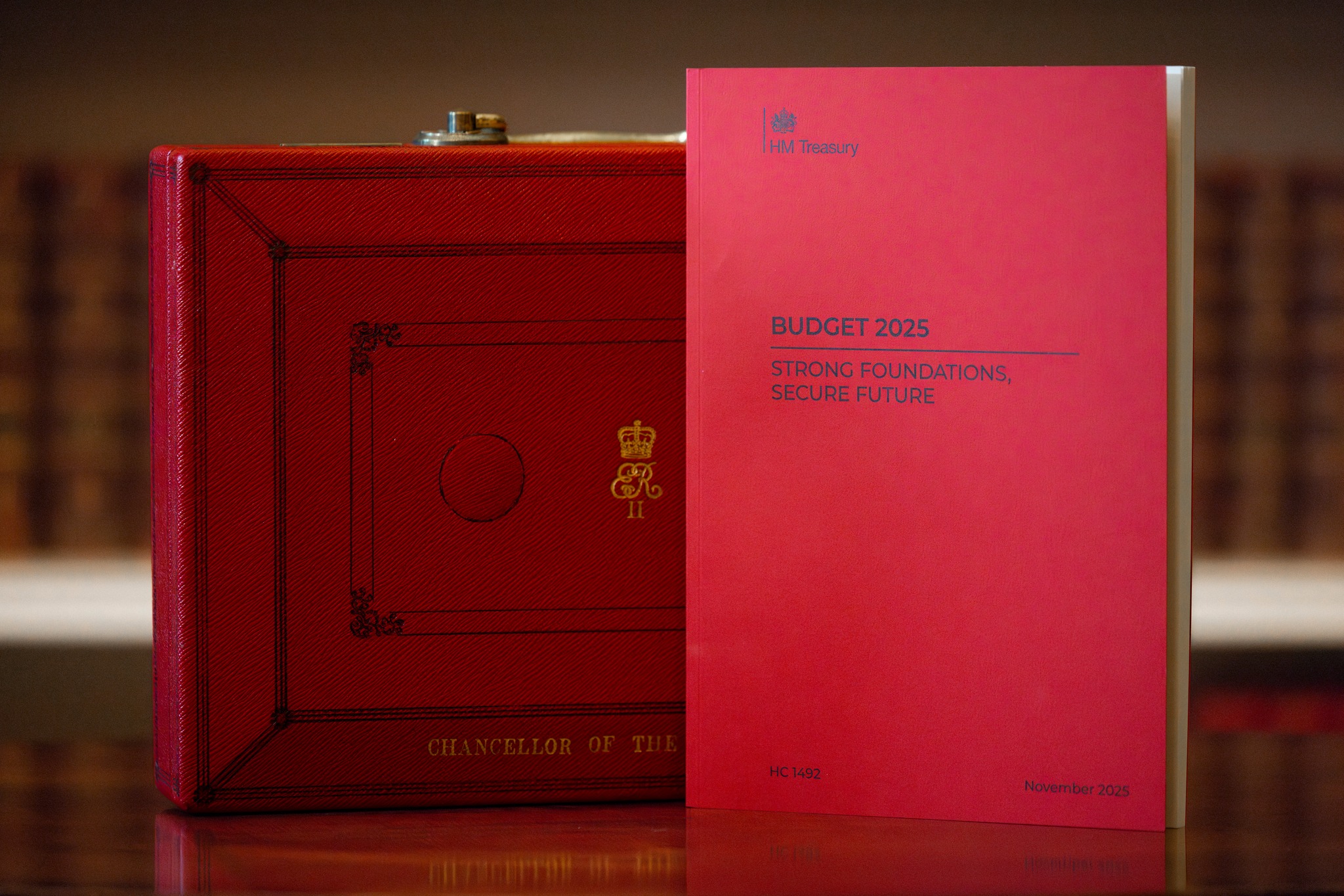There are 195 nations within this beautiful planet of ours. Many countries are making big strides to improve their day-to-day impact on the wider environment. Eco-conscious nations work hard to mitigate the expansion of everything from modern-day transport to residential developments.Renewable energy technologies and concepts to reduce reliance on fossil fuels are some of the most effective ways for countries to be considered 'green', creating smarter, more sustainable economic plans for the future. Just how eco-conscious is the UK compared with the rest of the world? Let’s look at the world’s leading green countries to understand how they are leading the charge to tackle climate change.
Iceland
Iceland’s government invests heavily in its environmental sustainability. It is also working hard to take advantage of its geological resources. They are placing a significant focus on producing more energy from the country’s geothermal landscapes. Iceland’s politicians are also working hard to lead the charge against the high levels of pollution in the ocean. This, in turn, helps to improve the long-term sustainability of fishing.
Switzerland
At the time of writing, Switzerland sits atop the annual Environmental Performance Index (EPI) collated by Yale University. This makes them one of the greenest countries in the world today. The Swiss government has incorporated various new eco-conscious measures to mitigate the country’s impact on the wider environment. Renewable energy is at the heart of Switzerland’s new green economy. Government legislation has helped safeguard farmland from residential and commercial expansion, resulting in reduced air pollution.
Costa Rica
Although Costa Rica is better known for being a stunning tourist destination with amazing scenery and landscapes, this Central American nation puts environmental sustainability at the core of its values. Costa Rica has implemented stringent air and water pollution projects and is said to be on track to become the world’s first carbon-neutral country by the end of 2021.
Sweden
Sweden has ambitious plans to eradicate the use of fossil fuels altogether from the turn of the next decade. Their adoption of renewable energies is also successfully reducing air and water pollution. The country is also working closely with its Baltic neighbours to reduce the impact of modern-day life on the Baltic Sea, safeguarding its ecosystem.
Finland
Finland is yet another Scandinavian country that has taken a proactive approach to climate change. It sits proudly in the top ten of Yale’s annual EPI. More than a third (35%) of energy generated for Finnish residents is derived from renewable sources, largely wind power. The country harbours aspirations to generate more than 59% of its electricity from renewable sources by 2050.In comparison to the aforementioned, the UK is ranked sixth on Yale’s EPI. This places us above the likes of Finland and Iceland but below Switzerland and Sweden. In the spring of 2017, the UK went an entire day without burning any coal. The nation’s final coal plant is due to cease operations by the middle of the next decade.
FAQs

Can we help your business?
Book a free consultation with our expert R&D funding advisors today. We specialise in helping innovative businesses like yours unlock millions in government funding, specifically allocated to fuel your innovation. Let us help your business access the support it deserves.









.svg)


